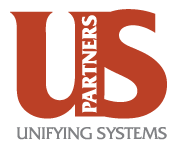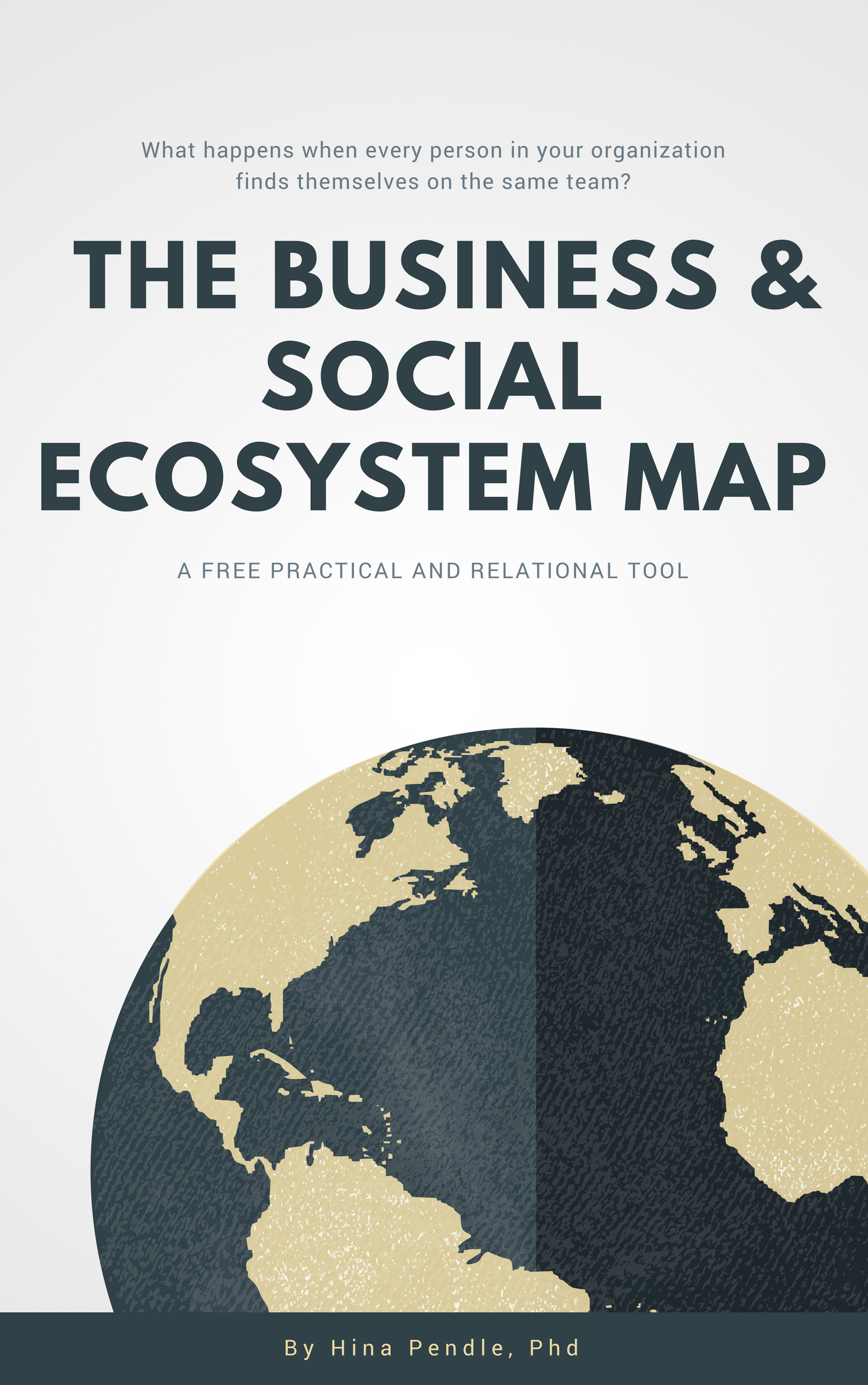Years ago I came across this piece written by Deepak Chopra, MD. I think it’s a brilliant analogy of how the cells in the body work separate tasks yet equally important to the whole. The new economy follows a return to natural universal laws. Enjoy!
IF ONLY I COULD BE LIKE MY CELLS
by Deepak Chopra, MD, edited by Hina Pendle
Strangely enough my own body can teach me everything I need to know. The cells of my body are already doing what I want to learn. My body does everything better, with more passion and commitment than me. The cells in my body have no problem fully participating in life. A hundred thousand billion of them signed on to the same silent agreement, which can be described through qualities that the most people would recognize-but the most practical person would envy. These shared qualities speak eloquently for what a cell agrees not to do as much as for what it does.
Higher Purpose: A cell agrees to work for the welfare of the whole body first and its individual welfare second. If necessary it will die to protect the body. Selfishness is not an option, even when it comes down to a cell’s survival.
Communication: A cell keeps in touch with every other cell. Messenger molecules race everywhere to notify the farthest outposts of any desire or intention, however slight. Withdrawing or refusing to communicate is not an option.
Awareness: Cells adapt from moment to moment. They remain flexible in order to respond to immediate situations. Getting caught up in rigid habits is not an option.
Acceptance: Cells recognize each other as equally important. Every function in the body is interdependent with every other. Everyone is needed for one thing or another.
Coordination: Even though each cell has its own individual job, skin cells, liver cells, nerve cells, going it alone is not an option.
Creativity: Although every cell has a set of unique functions (liver cells, for example, can perform fifty separate functions), these combine in creative ways. A person can digest food never eaten before, think thoughts never thought before, dance in a way never seen before. Clinging to old behavior is not always helpful. Every moment is new.
Being: Cells obey the universal cycle of rest and activity. Although this cycle expresses itself in many ways such as fluctuating hormone levels, blood pressures, and digestive rhythms, the most obvious expression is sleep. Why we need to sleep remains a medical mystery, yet complete dysfunction develops if we don’t. In the silence of inactivity the future is incubating, solutions of perplexing challenges can arise. Being obsessively active is not a healthy option.
Efficiency: Cells function with the least expenditure of energy. Each activity is dedicated to its purpose. Typically a cell only stores three seconds of food and oxygen inside the cell wall. It trusts totally on being provided for. Excessive consumption of food, air, or water is not an option, and neither is hoarding.
Bonding: Due to their common genetic inheritance, cells know that they are fundamentally the same. The fact that liver cells are different from heart cells, and muscle cells different from brain cells does not negate their common identity, which is unchanging. In the laboratory a muscle cell can be genetically transformed into a heart cell by going back to their common source. Cells remain tied to their source no matter how many times they divide. Being an outcast is not an option.
Giving: The primary activity of cells is giving, which, maintains the integrity of all other cells. Total commitment to giving makes receiving automatic-it is the other half of a natural cycle. Keeping score of giving and getting is not an option.
Immortality: Cells reproduce in order to pass on their knowledge, experience, and talents, withholding nothing from their offspring. Sharing is a kind of practical immortality. Hoarding ones wisdom and brilliance is not an option.
When I look at what my cells have agreed to, isn’t it an unspoken pact in every sense of the word? These qualities are woven into everyday existence. They are the result of life’s inner intelligence. As they evolved, cells learned what really works for survival. We can consciously choose to behave the way that keeps our lives vital. It rests in our awareness, which includes both alertness and adaptability.




